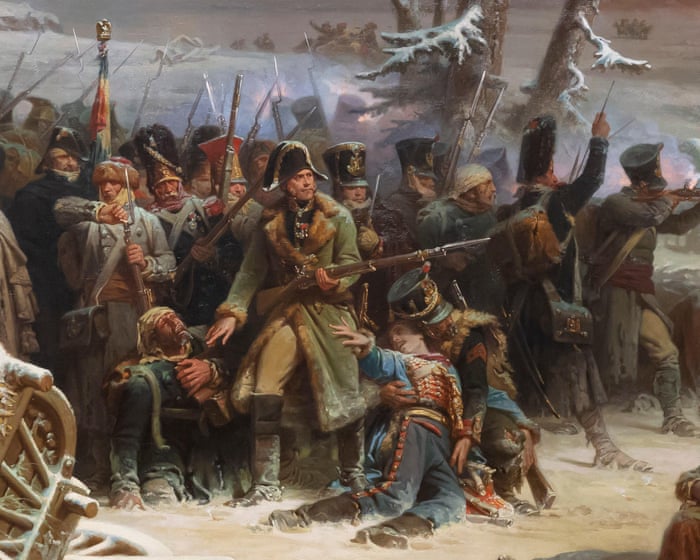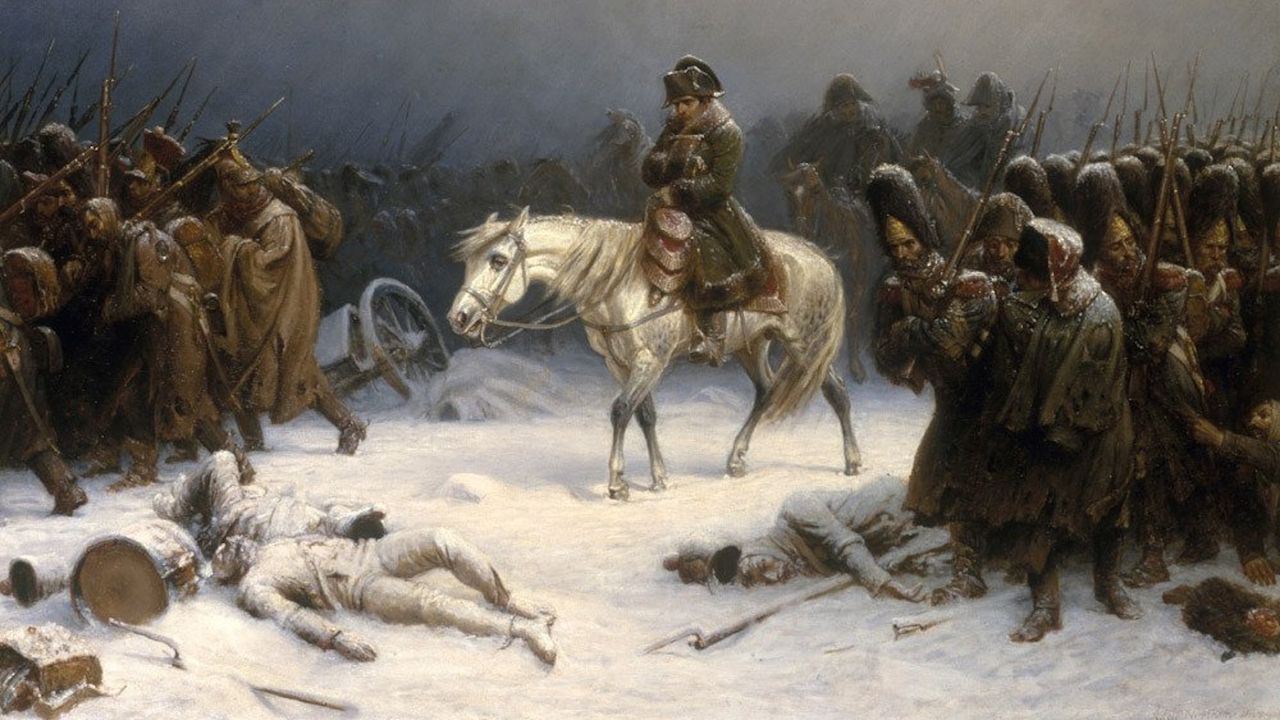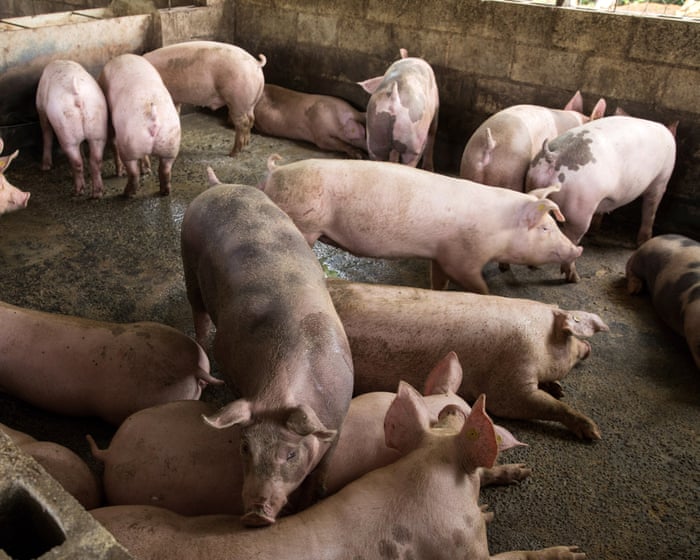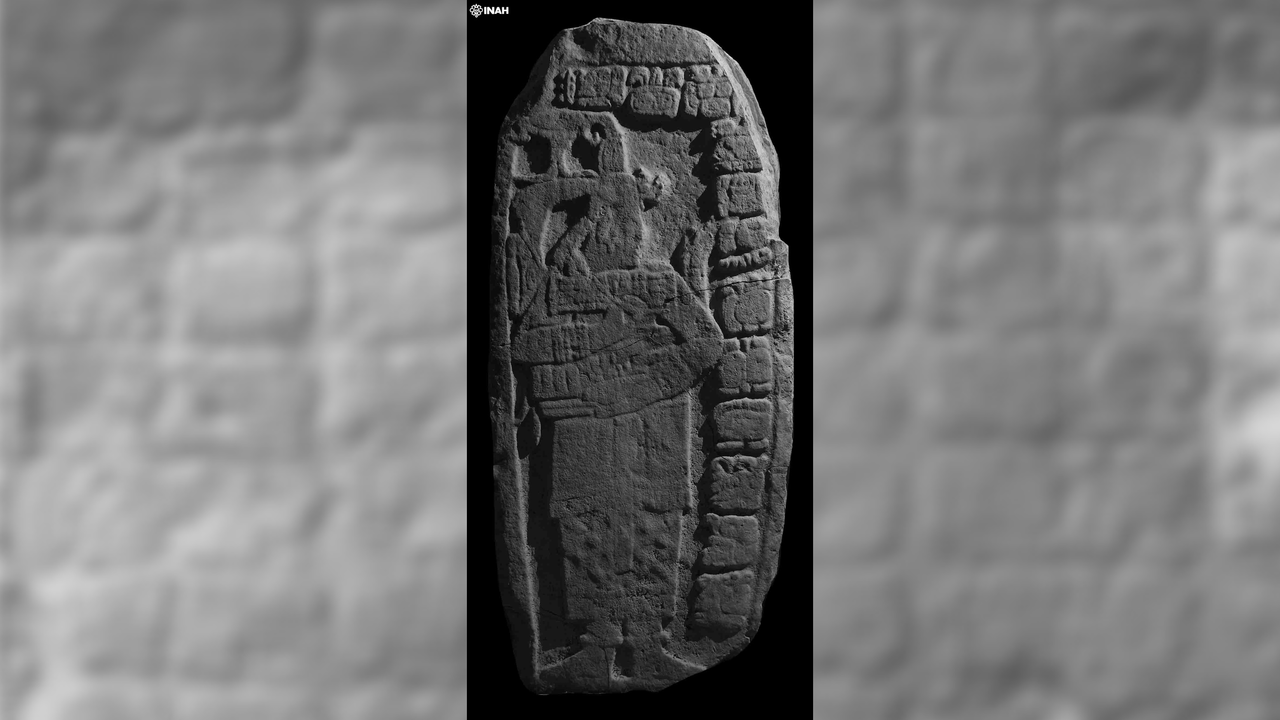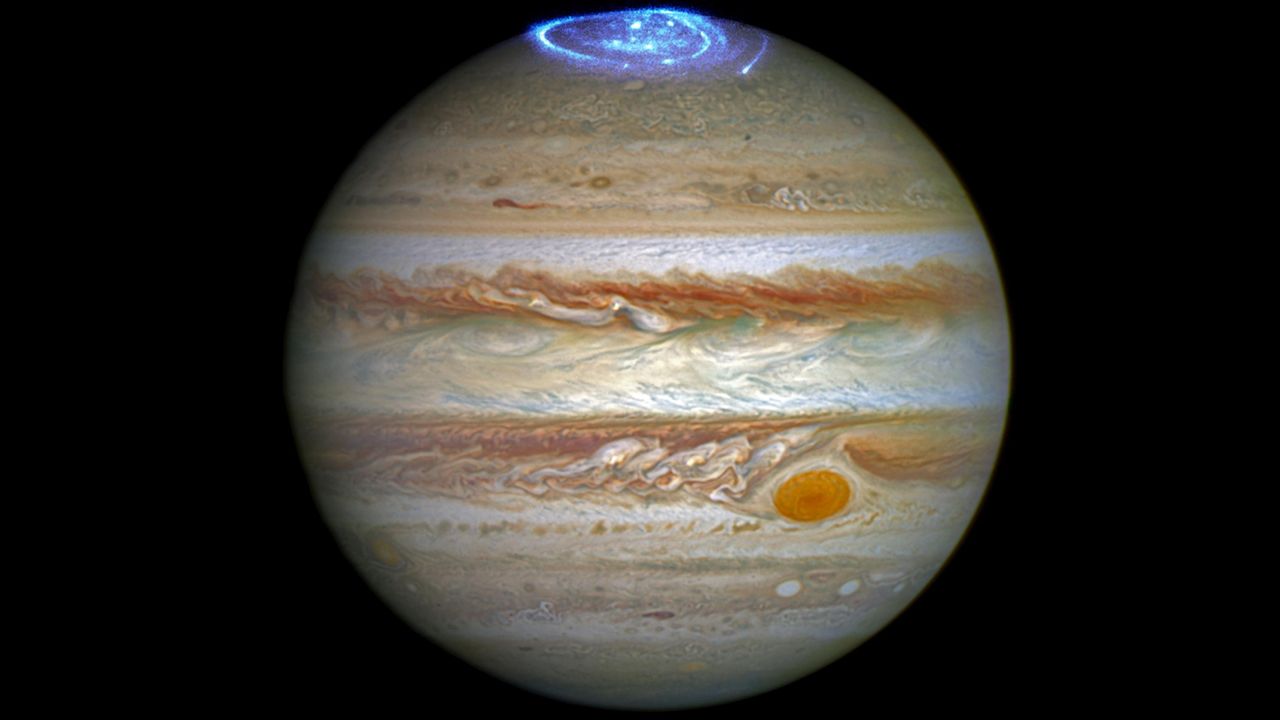The UK military says Russia targets its satellites on a weekly basis. What can be done about it?
NegativeScience

The UK military has revealed that Russia is actively targeting its military satellites on a weekly basis, raising significant concerns about the security of the UK's space infrastructure. This ongoing threat highlights the increasing tensions in space and the need for robust defensive measures to protect vital assets. As nations rely more on satellite technology for communication and defense, understanding and addressing these risks is crucial for national security.
— Curated by the World Pulse Now AI Editorial System
